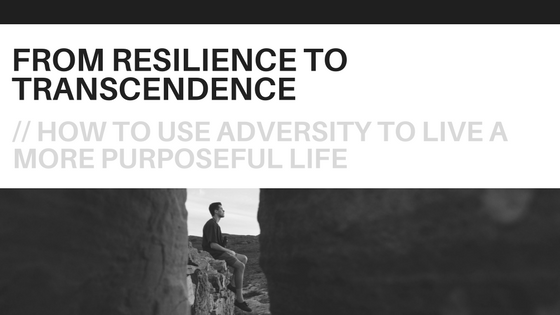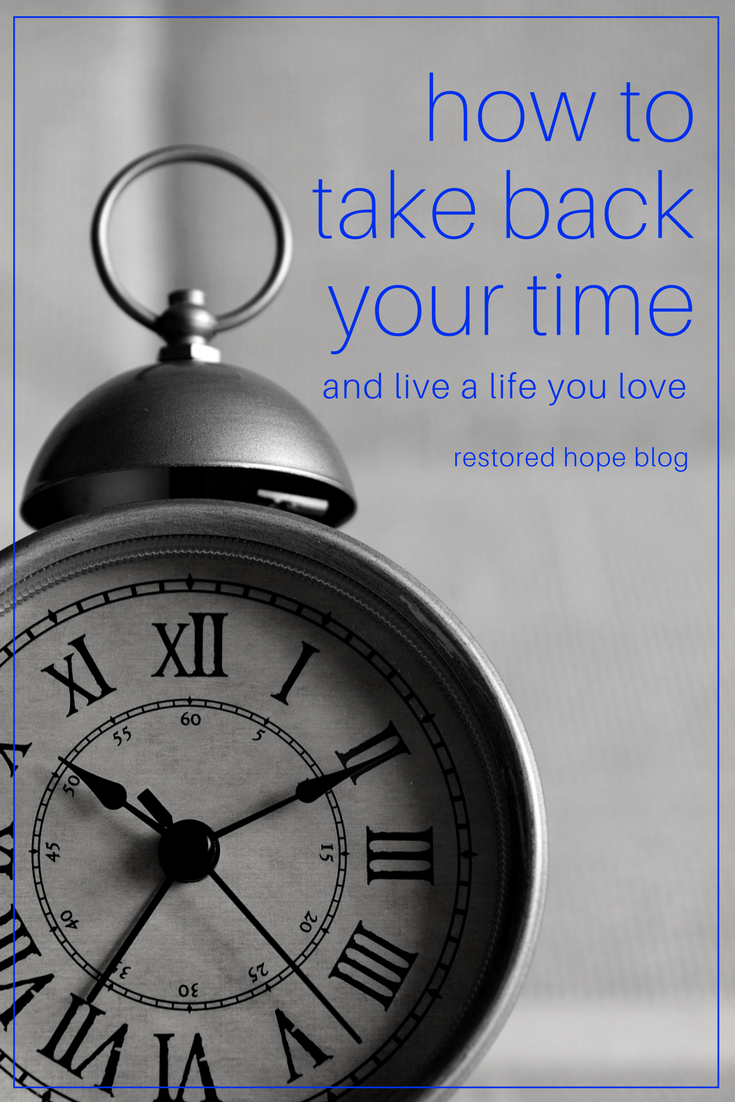What is your biggest secret?
What hidden part of your life are you terrified to reveal for fear of being rejected?
What’s the part of your story that you don’t like to look at, that you wish weren’t true?
Bruce Muzik’s secret was simple: he was a racist.
Listen to him talk about it himself:
Bruce’s main point is that in order to fully embrace the feeling of being alive, you must own up to the secrets you’ve kept in your life: from yourself and from others. As you embrace your true identity with authenticity and vulnerability, he acknowledges that it will be painful. In fact, he admits to the consequences he suffered in his own marriage after admitting to a long-term affair.
But the gift of being alive and authentic to yourself and others is worth it.
Why is telling the truth worth it?
Keeping secrets makes us question who we truly are.
Have you ever told a lie so many times you start to believe that it’s true? Or told a story over and over again, each time exaggerating the details until it becomes unrecognizable?
As we deceive ourselves and others enough times, we start to believe the lies. We become confused as we grapple with what deep down we know to be true about ourselves, as compared with the lies we’ve been telling. Eventually we end up uncertain about who we are and what we stand for.
When we look outside ourselves to feel alive, we end up self-destructing.
Our world is filled with messages about what will make us happy. Marketing and advertising are based on telling us that we’re not complete without a fancy car, makeup product, or even toothpaste. We’re encouraged to find our value or worth in what others think of us or our outward actions.
What happens, however, is that those foundations of our value will inevitably fail. We will find ourselves lacking as we compare ourselves to others. We’ll lose the approval of someone close to us. The power or authority we’d gained in our lives will slip away. And to numb the pain, we turn to things like addiction.
Honesty releases us from the nondescript pain of numbness.
The opposite of feeling alive is feeling numb, or disconnected from our emotions. The things that brought joy, laughter, and delight in our younger years are no longer having the same effect. We get caught in striving to prove ourselves or in the drudgery of day to day life without any awareness of how we can be cultivating aliveness. This is inherently dissatisfying, and will lead us to moments of pain.
But we don’t like pain. It’s uncomfortable and inconvenient. And so then we look for ways to get back to the state of numbness we had before, through addiction, media, shopping, food, sex – whatever serves to create that temporary escape until the pain crawls its way back in.
Honesty invites intimacy and connection.
Releasing ourselves from the cycle of pain and numbness requires stepping into honesty and authenticity with ourselves and others. Often we long for intimacy, to be accepted and loved for who we are rather than what we produce or the identity that others give us. But we cannot receive that connection with others if we’re hiding our true selves.
Brene Brown, in her TED talk about vulnerability, talks about the close relationship between vulnerability, shame, and connection. Honesty flies in the face of shame and allows yourself to be fully seen, known, and accepted by those you love.
How can I start becoming more alive?
Get honest with yourself.
The first step is breaking through denial and practicing honesty with yourself. What are the secrets you’ve been hiding, even from yourself? If deception has been masking your true self and making you uncertain of who you are, take some time to rediscover your identity. Find the experiences that create joy and life in you.
At the same time, make a list of the secrets you’ve been hiding. Using principles from the 12 Steps (like Steps One and Four) can help you realistically assess the areas you’ve been hiding from the truth.
Begin sharing with the people you love.
This might be the biggest risk you’re asked to take: share the secrets you have with someone close to you. The point of this exercise is not only to create connection and honesty in your relationships, but it is also intended to help you feel more alive. If you can be fully yourself and vulnerable with those around you, you’ll experience greater connectedness and life.
Start with your biggest secret first.
The biggest secret is often the one that you are most afraid of sharing. Step into sharing this one first. The rest will come easier as a result, almost like a waterfall just after the dam has broken through. Once you see how honesty brings aliveness, you’ll want to continue.
One helpful principle to keep in mind is the effect of your honesty on others. Dumping your secrets onto others may make you feel better, but it leaves them carrying the burden. Before you share your secret, you have to be willing to take responsibility for any consequences that may come your way.
Expect things to get worse before they get better.
Something I tell every new client when they come in my door for their first session is that oftentimes, the pain will worsen before it improves. When you are honest, there is a strong possibility that your honesty will increase pain for a time. You’ll likely be facing areas of your life you’ve kept hidden for a long while. But that pain will break through your numbness and eventually lead to greater feelings of connection with all your emotions, positive and negative.















